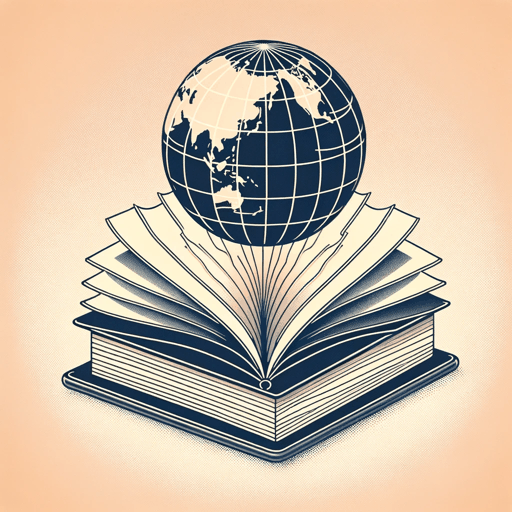40 pages • 1 hour read
Bill BrysonThe Mother Tongue: English and How It Got That Way
Nonfiction | Book | Adult | Published in 1990A modern alternative to SparkNotes and CliffsNotes, SuperSummary offers high-quality Study Guides with detailed chapter summaries and analysis of major themes, characters, and more.
Important Quotes
“More than 300 million people in the world speak English and the rest, it sometimes seems, try to. It would be charitable to say that the results are sometimes mixed.”
(Chapter 1, Page 1)
Bill Bryson begins The Mother Tongue: English and How It Got That Way by explaining that English has become entrenched as a commonly used language across the globe. He points out that advertisements and even road signs around the world frequently use English, but often do so with mangled syntax.
“For better or worse, English has become the most global of languages, the lingua franca of business, science, education, politics, and pop music.”
(Chapter 1, Page 2)
Lingua franca is a term that refers to a common language being adopted by groups of diverse people who speak different languages. Bryson explains that English has become a lingua franca internationally because it has been adopted by many facets of business, education, and politics. For example, English is the agreed international language of discourse among almost all airlines across the globe.
“One of the greatest mysteries of prehistory is how people in widely separated places suddenly and spontaneously developed the capacity for language at roughly the same time.”
(Chapter 2, Page 15)
In Chapter 2, Bryson examines the dawn of language and how prehistoric humans developed the ability to communicate through language. Bryson’s theory is that after the evolutionary change which pushed humans’ larynx deeper into the throat, verbal sounds became commonplace and the formation of languages sprung from “spontaneous utterances of alarm, joy, pain, and so on” (17).
Related Titles
By Bill Bryson

A Short History of Nearly Everything
Bill Bryson

A Walk in the Woods
Bill Bryson

In a Sunburned Country
Bill Bryson

One Summer: America, 1927
Bill Bryson

The Body: A Guide for Occupants
Bill Bryson

The Life and Times of the Thunderbolt Kid
Bill Bryson

The Lost Continent
Bill Bryson

